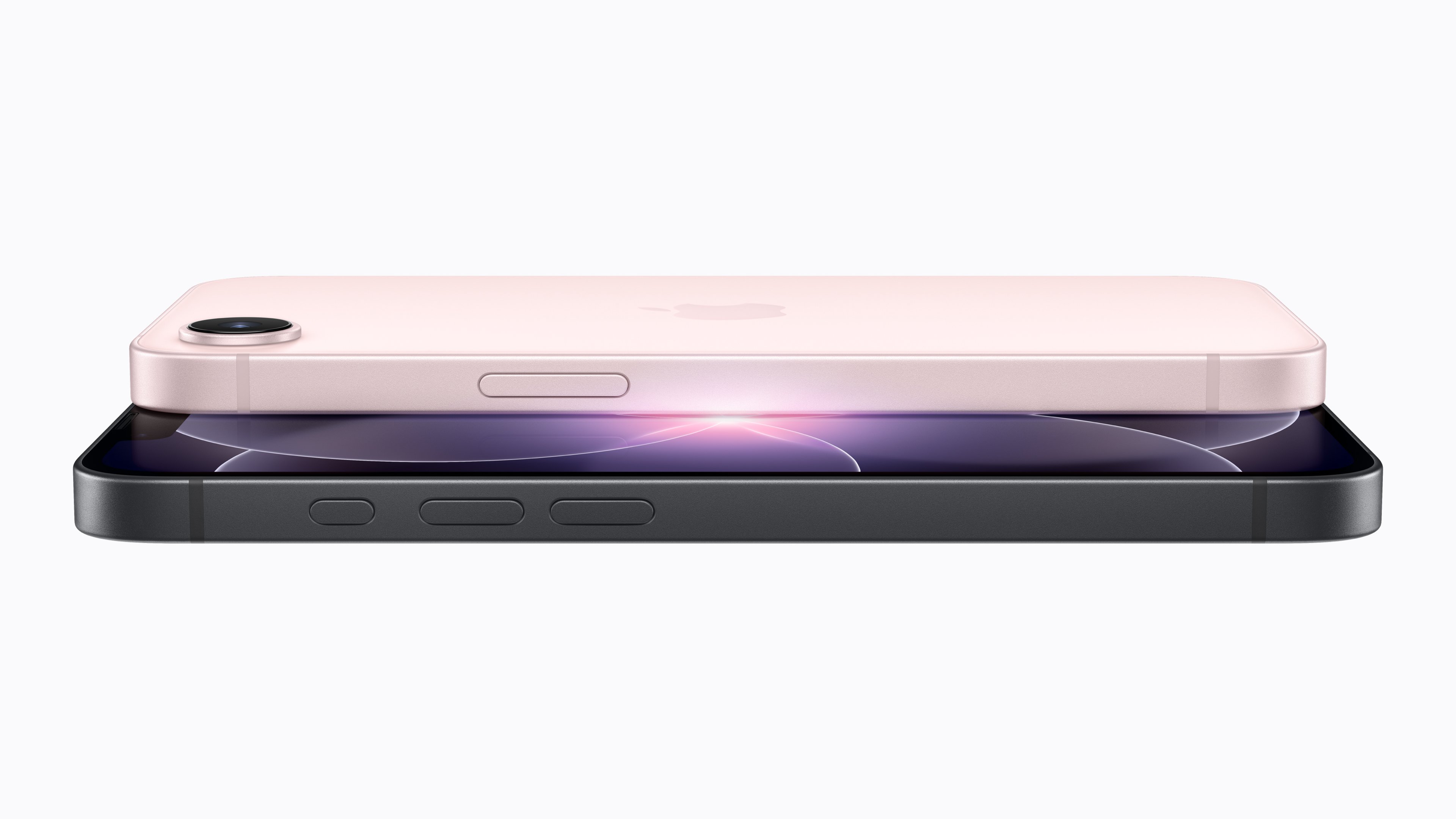Search engine behemoth Google (GOOG 2.65%) recently revealed plans to replicate its success in the mobile devices industry in the realm of wearable devices. The company is on the verge of releasing a software development kit based on its immensely popular Android operating system that would enable developers to create a range of applications specifically meant for wearable devices.
Google is already looking way beyond conventional devices such as smartwatches in order to to bring in more people within the Android ecosystem and gain an early head start in a space that is believed to have immense potential. The latter is evidenced by the whopping $20 billion projected sales figure for the wearable devices market by 2016, according to research firm IHS.
And that brings us to the big question -- does this move automatically make Google the undeclared winner (and one of your best possible investment options) in the tech category? Well, perhaps we're being a bit premature here. So, in order to find out if this is a great opportunity, let's delve a bit deeper into Google's recent history of hits and misses.
The core issue
To start, let's remember that we are discussing a company that has already witnessed a relative slowdown of its core business of online advertising revenue generation. Google's recently declared earnings figures for the fourth quarter revealed a profit that fell short of analyst estimates, primarily due to an 11% decline in ad prices.. With increasing numbers of consumers accessing its services on their mobile devices rather than on desktop computers, where advertising rates generally tend to be higher, Google is starting to feel the heat.
To add to its problems, the competition seems to be actually doing quite well when it comes to advertising. In Facebook's (FB 1.34%) fourth quarter, mobile advertising accounted for 53% of the social networking giant's overall ad-based revenue. And the company's recent purchase of mobile messaging service WhatsApp is an obvious indication of its active efforts to boost its mobile business.
Motorolla Mobility dragged earnings down
A large part of the reason for Google's smaller than expected quarterly profit has also been attributed to the negative earnings impact of the Motorola Mobility acquisition. In fact, after facing continued losses in the unit, Google finally had to concede defeat by selling the business to China's Lenovo Group at less than a fourth of its original purchase price of $12.5 billion in 2012 .
But its sale was a blessing in disguise
Google's sale of Motorola's handset unit may actually prove to be a blessing in disguise. While the foray into the handset business put Google in direct competition with Samsung, the biggest manufacturer of Android-powered handsets, selling Motorola to Lenovo has indirectly helped Google create a powerful peer with the potential to offset Samsung's current market dominance.
Samsung's recent unveiling of the Gear 2 smartwatch lineup powered by the new Tizen operating system may have been a partial driving factor behind Google's plans to secure the presence of its Android OS within the wearable devices category. With Google already having to contend with a range of operating systems led by Apple's (AAPL 0.93%) iOS, it would certainly not be in a position to welcome the emergence of Tizen, particularly because of the involvement of Samsung in the process.
Apple, on the other hand, also has its own set of problems that include a perceived lack of innovation in recent years. Like Google, Apple is also moving into newer areas, such as automobiles via the CarPlay feature that integrates iOS with a range of in-car entertainment and navigation systems.
Some Foolish final thoughts
Although faced with the problem of declining ad prices, Google's early entry into online advertising continues to secure its dominant position in a number of areas today. That includes mobile advertising, where it ended 2013 with a commanding global market share of 48.76%, with Facebook finishing way behind at second place with a 16.91% share, according to research firm eMarketer.
However, Google's real cause for worry is probably centered on Android's current market position. Although data from comScore showed Google's Android's leading 51.7% market share as of January, Apple's iOS seems to be catching up fast with a 41.6% share. And that's exactly where Google's move to expand into the wearable devices category seems like a perfect counterstrategy. While it still may be a bit early to speculate on the company's chances of success in this area, smart investors would do well to keep a very close watch on its near-term horizon.





